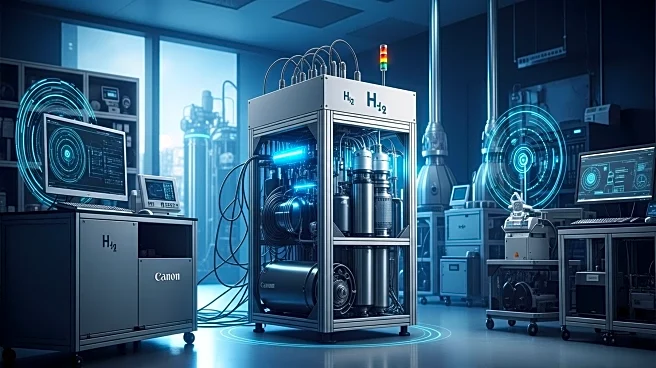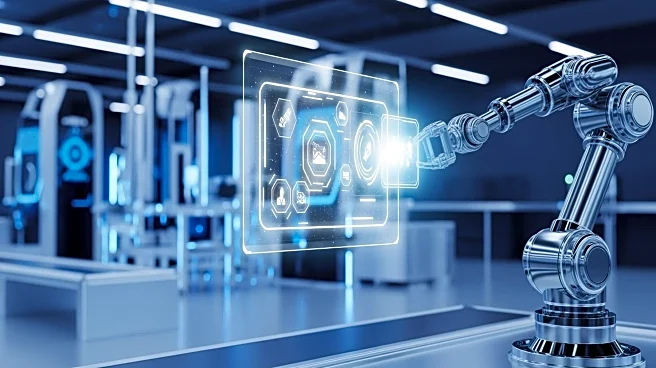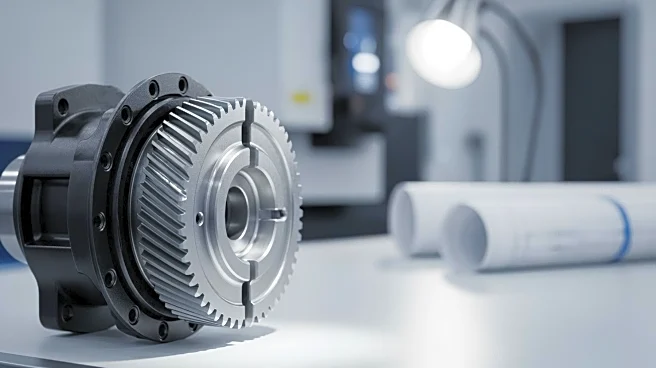What's Happening?
The European Commission is spearheading efforts to scale hydrogen electrolyzer deployment as part of its strategy to achieve net-zero emissions by 2050. The plan includes installing 40 GW of renewable hydrogen electrolyzers within the EU and an additional 40 GW in neighboring regions by 2030. This initiative is part of a broader push to decarbonize heavy industries such as steel, chemicals, and refining, and diversify energy portfolios. The global hydrogen electrolyzer market is projected to reach $3,791.6 million by 2031, driven by significant public and private investments. Germany is leading the charge with its National Hydrogen Strategy, investing heavily in electrolyzer manufacturing and integration into industrial clusters.
Why It's Important?
Hydrogen electrolyzers are crucial for the global energy transition, offering a pathway to decarbonize industries that are challenging to electrify directly. The European Commission's ambitious targets underscore Europe's leadership in the hydrogen economy, which could significantly impact industrial energy systems. The U.S. Department of Energy's 'Hydrogen Shot' initiative aims to reduce the cost of clean hydrogen, making it a competitive choice for large-scale energy needs. The flexibility of electrolyzers allows integration into renewable energy systems, providing grid stability and producing hydrogen for industrial use, which is vital for meeting climate commitments and reducing emissions.
What's Next?
The next decade is expected to see significant industrial adoption of hydrogen electrolyzers, with global capacity projected to exceed 230-520 GW by 2030. Industries that engage early in pilot and scale-up projects will be best positioned to benefit from this transition. Germany's development of a hydrogen hub in North Rhine-Westphalia exemplifies how electrolyzer deployment can be integrated into industrial energy planning. Overcoming barriers such as cost, infrastructure gaps, and regulatory harmonization will require coordinated policy, investment, and industry collaboration.
Beyond the Headlines
Hydrogen electrolyzers represent more than a clean energy technology; they are a critical enabler of the global net-zero transition. With ambitious policy frameworks, unprecedented global capacity expansion, and substantial cost-reduction initiatives, electrolyzers are positioned to transform industrial energy systems. For industrial leaders, integrating electrolyzers into long-term energy strategies is not just about decarbonization; it’s about competitiveness, resilience, and leadership in the emerging hydrogen economy.









